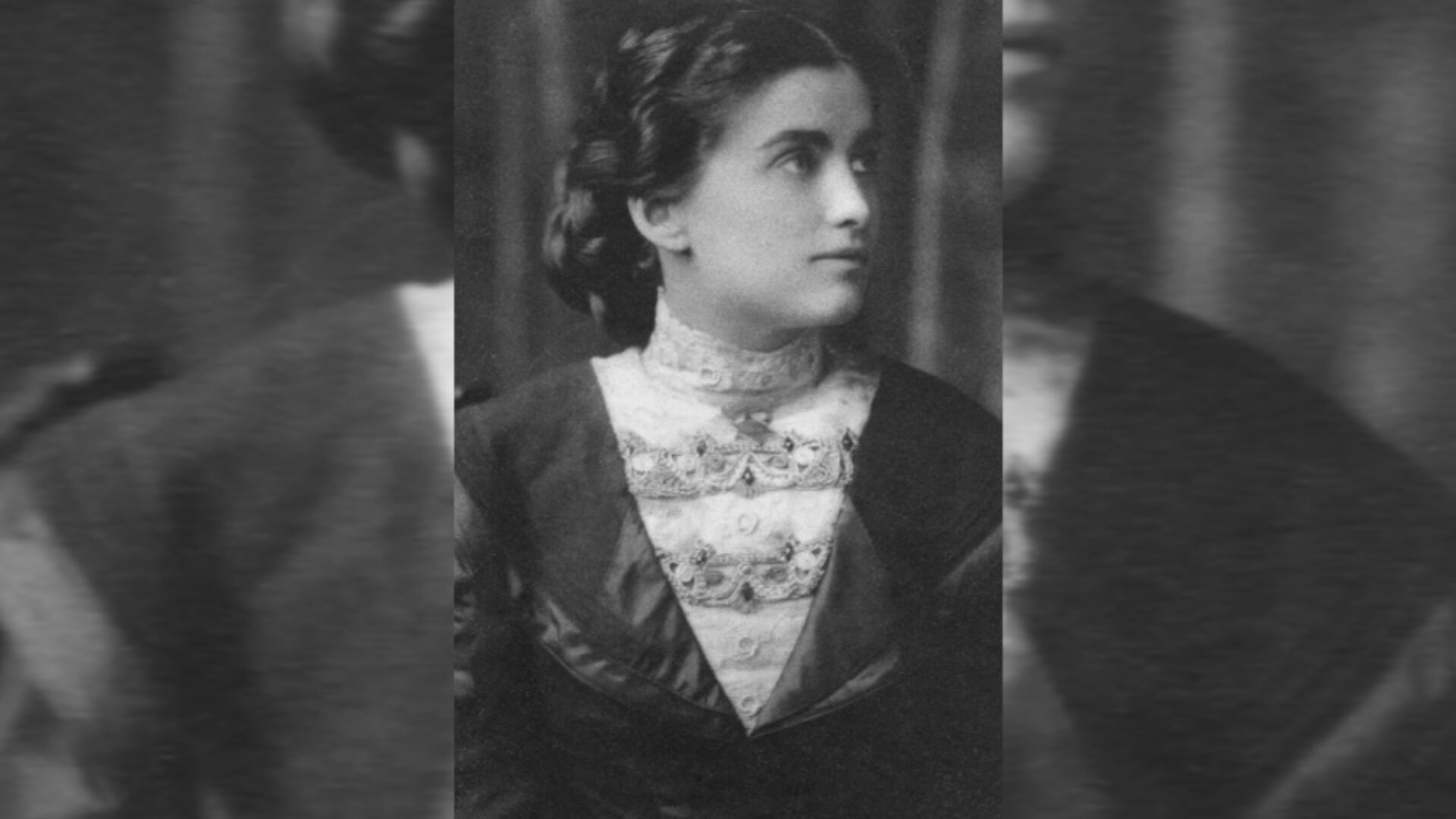This Day in Oklahoma History: Kate Barnard’s birth marked start of historic reform career
Oklahoma’s first female statewide official led major reforms in education, prisons and child labor.Friday, May 23rd 2025, 10:06 am
On May 23, 1875, Kate Barnard was born in Nebraska. More than three decades later, she would make history in Oklahoma by becoming the first woman elected to statewide office—even before women had the right to vote.
Barnard’s work as a social reformer and elected official laid the groundwork for many of Oklahoma’s earliest protections for children, prisoners and Indigenous orphans. Her legacy is still studied today.
Early hardship shaped her values
Catherine Ann Barnard, known as “Kate,” was born in Geneva, Nebraska. Her mother died when she was 2, and her father temporarily left her in the care of others. By 1891, she joined him in Oklahoma City and enrolled at St. Joseph’s Academy.
She earned a teaching certificate and taught in rural schools before pivoting to clerical work through Democratic Party connections. A visit to the 1904 World’s Fair in St. Louis exposed her to national conversations around poverty and sparked her career in social justice.
A trailblazing election win
With Oklahoma nearing statehood in 1906, Barnard advocated at the state Constitutional Convention for banning child labor and creating a commissioner role focused on public welfare. Both ideas were adopted.
In 1907, the Democratic Party endorsed Barnard for the new position: Commissioner of Charities and Corrections. She won by a wide margin—despite not being allowed to vote in the election herself.
Fighting for children and prisoners
Barnard quickly put her new office to work. She persuaded the legislature to pass laws requiring school attendance, regulating child labor, and establishing a juvenile justice system.
In 1908, her investigation into the mistreatment of Oklahoma prisoners held in Kansas gained national attention. The fallout led to a new, three-part state prison system: a penitentiary, a reformatory and a boys’ training school. She also oversaw orphanages and mental health facilities statewide.
Advocating for Indigenous orphans
Barnard’s second term began in 1910, but her focus on protecting the property rights of Indigenous orphans drew fierce opposition. Lawmakers slashed her department’s funding, limiting her ability to act.
She left office in 1915 and continued to fight for Native land rights, though largely without success.
Legacy of a reformer
Kate Barnard died in Oklahoma City on Feb. 23, 1930, after years of declining health. Though her political career was short-lived, she remains one of Oklahoma’s most impactful early leaders.
Her story continues to be preserved by the Oklahoma Historical Society and historians who credit her as one of the nation’s early champions of social justice—even before women had full rights under the law.
More Like This
May 23rd, 2025
Top Headlines
September 16th, 2025
September 16th, 2025
September 16th, 2025
September 16th, 2025











